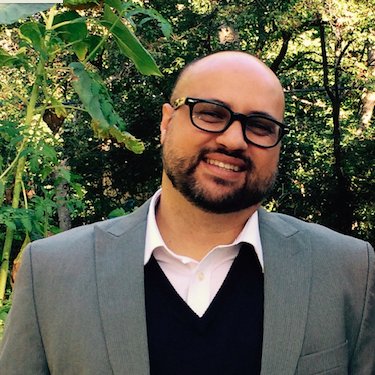
To this continuing series on “Pro Tips for Busy Writers,” I’m pleased to welcome Anthony Le Donne, Associate Professor of New Testament at United Theological Seminary.
Anthony has authored or edited thirteen books. He also serves as the executive editor for the Journal for the Study of the Historical Jesus.
By this point in your career, you’ve likely worked on several writing projects concurrently (e.g., articles, books). What’s a memorable example of a cluster of projects you worked on concurrently?
My most recent example is in 2017–2018. In that two-year span I published five books.
Two I wrote from start to finish in the span of a year. Two were projects that I had started a few years before. And one was a co-edited project with a few colleagues who did the heavy lifting for the project toward the end.
One reason for the cluster is that some books take forever to write or edit and others come together rather quickly.
Larger projects (e.g., a dissertation, a second monograph) can be more important but less urgent than others (e.g., conference papers, book reviews). How do you avoid letting good-but-less-important projects push out or cause you to procrastinate on those that are more important but less urgent?
I think it’s important to know yourself as a writer. If you know that writing a book review will take a full week of your life, think hard about whether you can devote this kind of time.
Of course, say no if you can to such projects. But if you know that you can read, process, and write a book review in a day (and that this will be a positive experience for you), it may be worth it.
I will say one more thing about priorities: don’t let anything get in the way of your dissertation. Work on it every day, even if its only writing a few words or formatting a footnote. Make it a daily habit to write.
This was advice I got from a mentor when I was a student and I’ve tried to take it seriously. I write (almost) every day.
Do you divide your process between research and writing? If so, how?
I usually research while I write. Sometimes this is messy, but I use writing my own thoughts to process what I’m reading.
I know really smart people who take meticulous notes as they read so that they can organize their thoughts before they begin writing. This seems like a good idea too, just not for me.
If I need to read an entire book, sometimes I trick myself into not being tempted by the keyboard. I’ll take the book somewhere (maybe to a park) and leave the computer and phone behind.
What closing advice (if any) would you offer to (post-)graduate students and new faculty as they try to become comfortable and competent for themselves in making progress concurrently on multiple writing projects?
My advice—and I don’t know if it’s good or bad—is to avoid publishing until you’ve got your PhD in hand. Give yourself time to grow into your scholarly voice. Everyone I’ve ever met who published their MA thesis (or parts of it) has come to regret it.
What’s your biggest takeaway from this interview?
Header image provided by Freddie Marriage via Unsplash

Leave a Reply